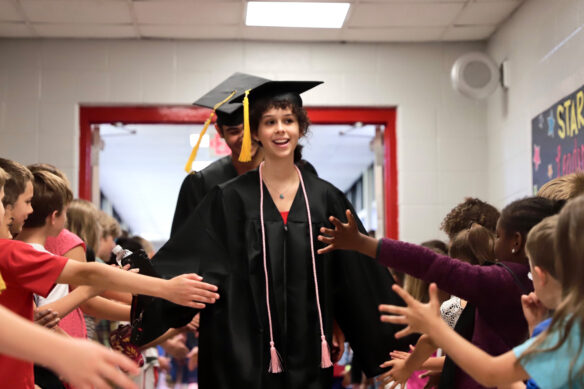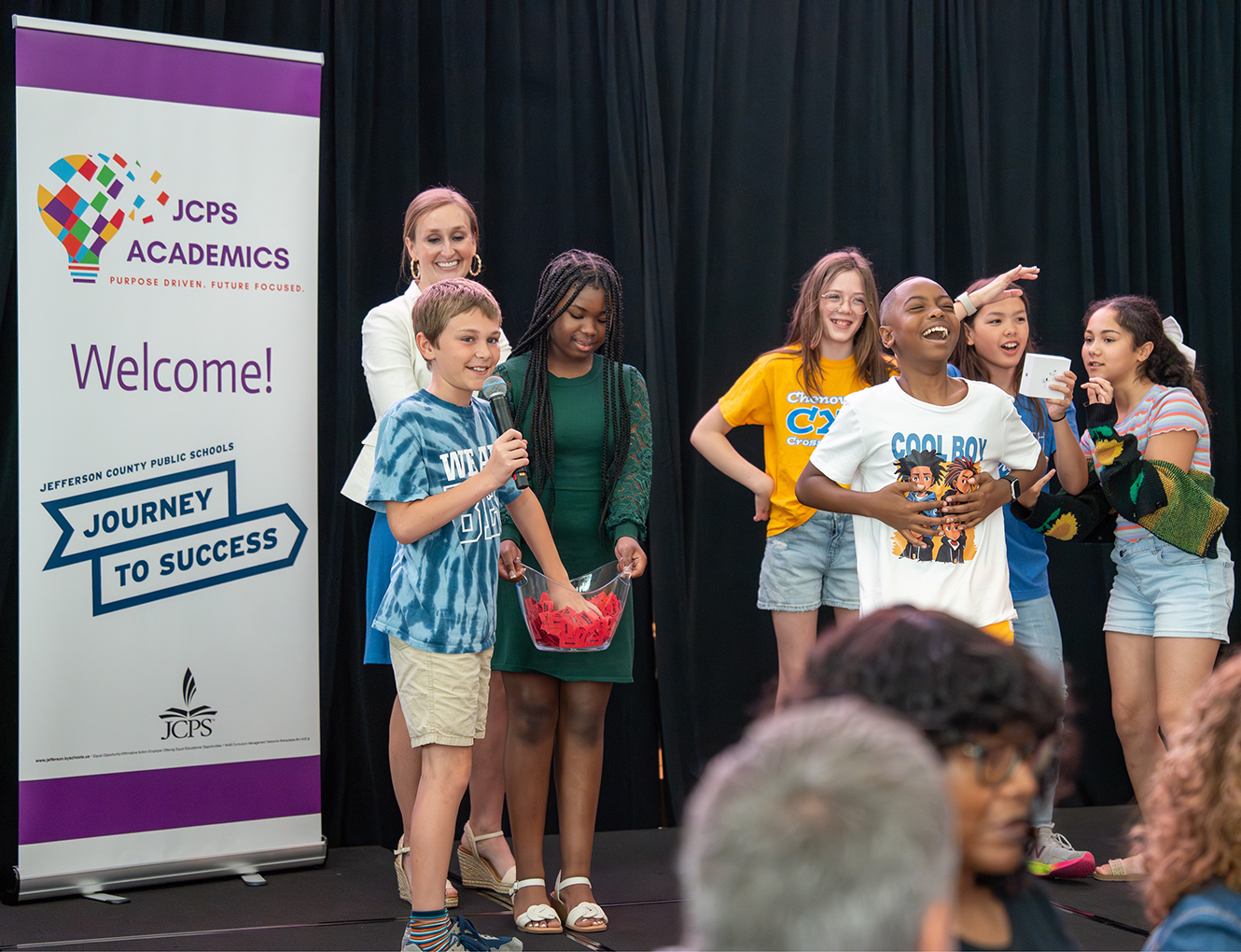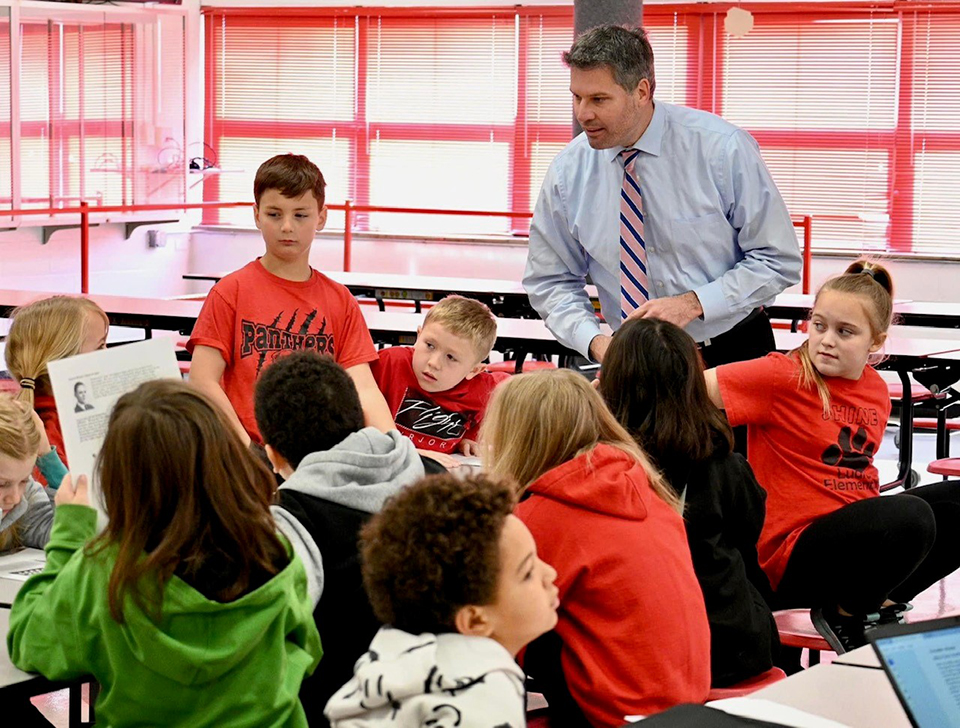
The Kentucky Department of Education has partnered with the Kentucky Council on Postsecondary Education on a program to help high school graduates as they transition into postsecondary life.
Submitted photo.
The Kentucky Department of Education’s (KDE’s) Office of Career and Technical Education (OCTE) and the Kentucky Council on Postsecondary Education (CPE) are working together to support high school graduates as they transition to postsecondary life.
KDE has allotted funding to CPE for “summer bridge” programs at postsecondary institutions, which aim to equip students with the necessary skills and knowledge for a successful college experience and ease their transition from high school to college through orientation courses and networking opportunities with faculty and staff. Students receive training in such areas as time management, and how to study, register for courses and apply for financial aid.
At Hazard Community and Technical College, participants will write a career exploration paper using American Psychological Association style with assistance from English faculty. The paper will allow students to become acquainted with academic writing. They also will learn about student loans, housing, vehicle purchases and other real-world scenarios through an additional series of activities and lectures.
The funding for the summer bridge programs was made possible with KDE’s federal Elementary and Secondary School Emergency Relief (ESSER) funding from the federal American Rescue Plan (ARP) Act, which supports the safe and sustained return to in-person learning and expands equity by supporting students who need it most, particularly those most impacted by the COVID-19 pandemic.
Upon receiving the funding from KDE, the CPE awarded grants to postsecondary institutions in Kentucky, focusing on specific criteria, such as reducing performance gaps, increasing student retention and improving graduation rates.
Some summer bridge programs also provide accelerated academic experiences to enhance readiness for the challenges of higher education.
The allocations will go to 23 campuses across the Commonwealth, which receive up to $50,000 each, totaling more than $1 million.
The institutions participating in the program include:
- Bluegrass Community and Technical College;
- Brescia College;
- Hazard Community and Technical College;
- Jefferson Community and Technical College;
- Lindsey Wilson College;
- Murray State University;
- Owensboro Community and Technical College;
- Transylvania University;
- Union College;
- University of Louisville; and
- University of Pikeville.
“We are committed to equipping students for postsecondary success through community collaboration, fostering innovation and creating vibrant learning experiences. These programs are premier examples of United We Learn in action, building upon Kentuckians’ vision for public education in our state,” said Education Commissioner Jason E. Glass. “I am immensely grateful to the Kentucky Council on Postsecondary Education for dispersing grants and empowering students to transition smoothly from high school to higher education.”
Bryan Barger, who works at Hazard Community and Technical College, said a wide range of students will be participating in the program.
“Demographically, we have a large portion of the students in the courses this summer listed as either associate in arts or associate in science. Generally, this is the default pathway for those who want to obtain a four-year degree, pursue an allied health field such as nursing, radiography, sonography or surgical tech, or are not certain exactly which program to consider,” he said.
CPE President Aaron Thompson said the summer bridge programs across Kentucky will increase student preparedness.
“A smooth transition into college is key to setting up students for success for the rest of their college career,” Thompson said. “Providing the supports students need, both inside and outside of the classroom, during this critical time will help ensure they are integrated into the campus community and make it to graduation.”



Leave A Comment